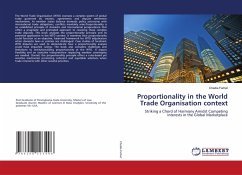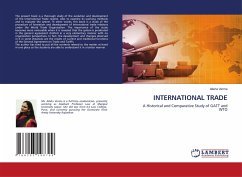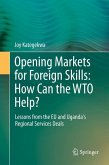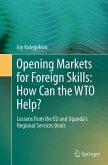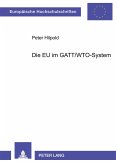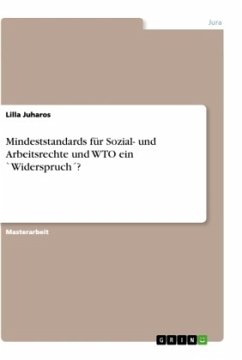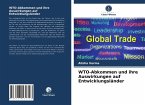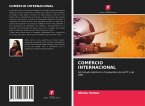The World Trade Organization (WTO) oversees a complex system of global trade governed by treaties, agreements and dispute settlement mechanisms. As member states balance domestic policy autonomy with international trade obligations, conflicts inevitably arise.Proportionality is an established principle of domestic and international jurisprudence that offers a pragmatic and principled approach to resolving these complex trade disputes. This book analyzes the proportionality principle and its potential application in the WTO context. It examines how proportionality could function as an objective, balanced framework for WTO adjudicators when domestic laws or policies are challenged. Case studies of landmark WTO disputes are used to demonstrate how a proportionality analysis could have impacted rulings. The book also considers challenges and limitations to institutionalizing proportionality at the WTO. It argues flexibility and an evolutive interpretation respecting member sovereignty are needed. Overall, the proportionality principle offers a rules-based yet sensitive mechanism promoting coherent and equitable solutions when trade intersects with other societal priorities.
Bitte wählen Sie Ihr Anliegen aus.
Rechnungen
Retourenschein anfordern
Bestellstatus
Storno

